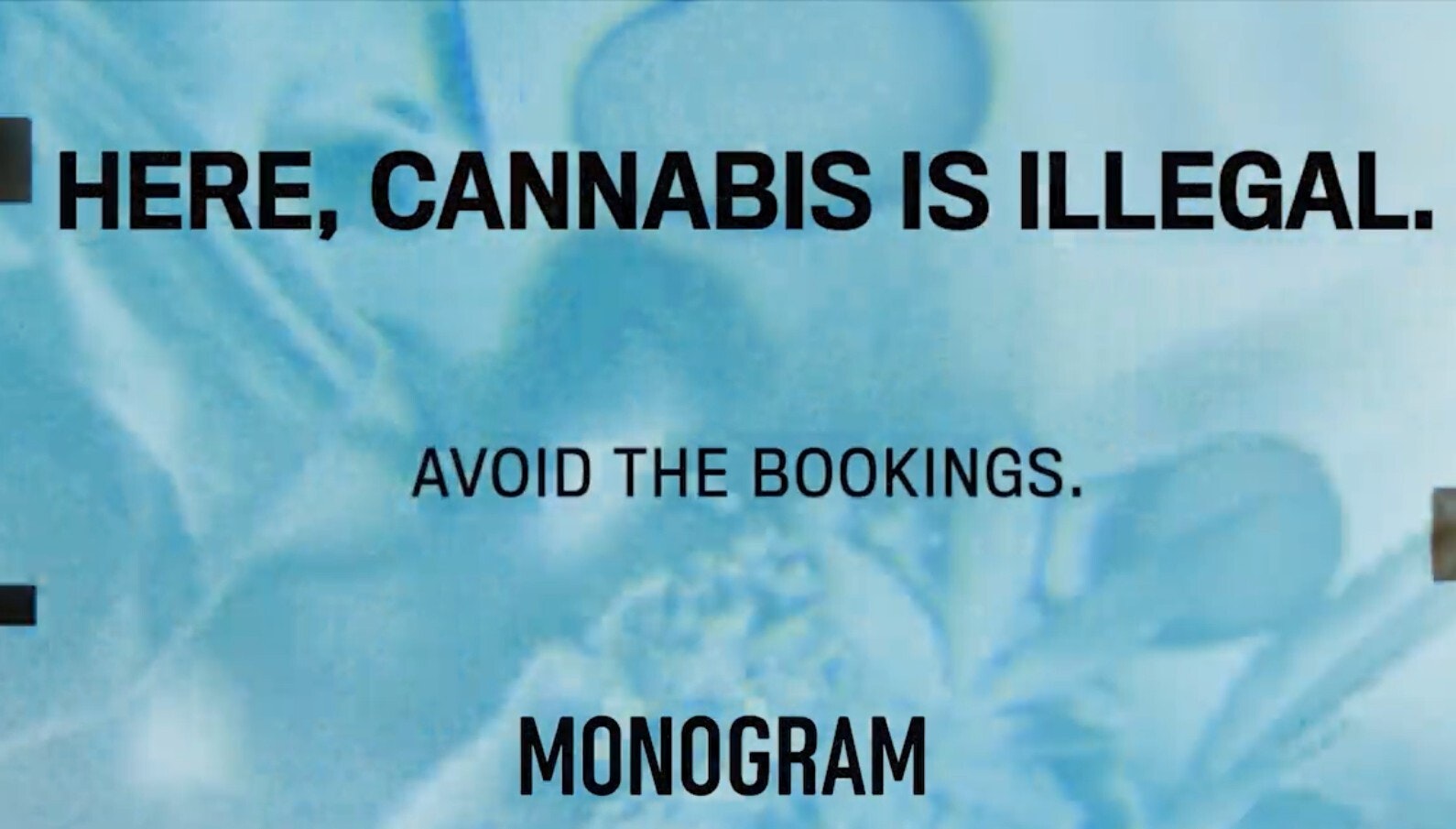Another mega-famous rapper has his eyes on the Mountain West, but for slightly different reasons than fellow celebrities like Kanye West and Nikki Sixx.
Shawn “Jay-Z” Carter, also known as “Beyonce’s husband,” announced his first cannabis line, Monogram, last week. To tie in with the launch, Carter and the Monogram team are launching a national awareness campaign to prompt discussions of mass incarcerations due to cannabis-related offenses, according to an announcement from the company.
Beginning Tuesday, Monogram will have LED and mobile billboard trucks parked in the “most starkly contrasting legal/illegal borders of cannabis legislation in the country,” including at the Wyoming/Colorado border, the Kansas/Illinois border and the Oregon/Idaho/Colorado borders.
On the legal side, the billboards will say “Here, cannabis is legal. Enjoy responsibly.” On the side where cannabis is illegal, the billboards will read “Here, cannabis is illegal. Avoid the bookings.”
The trucks will be parked at these state lines for the next two weeks.
Tuesday marked the 50th anniversary of the Controlled Substances Act of 1970, which classified cannabis federally as a “Schedule I” drug, meaning that from the federal government’s standpoint, it has no medicinal application and has a high potential for abuse. Other “Schedule I” drugs include heroin and LSD.
“The lasting effects of this law have reverberated through the past half-century, leading to injustices including mass incarceration for cannabis-related offenses,” said a statement from the company. “Progress has been made recently with states’ individual legalization efforts, but cannabis continues to be stigmatized by political agendas and the arbitrary borders that still demarcate who can benefit from it, whether that’s through entrepreneurship or the positive effects of its use.”





